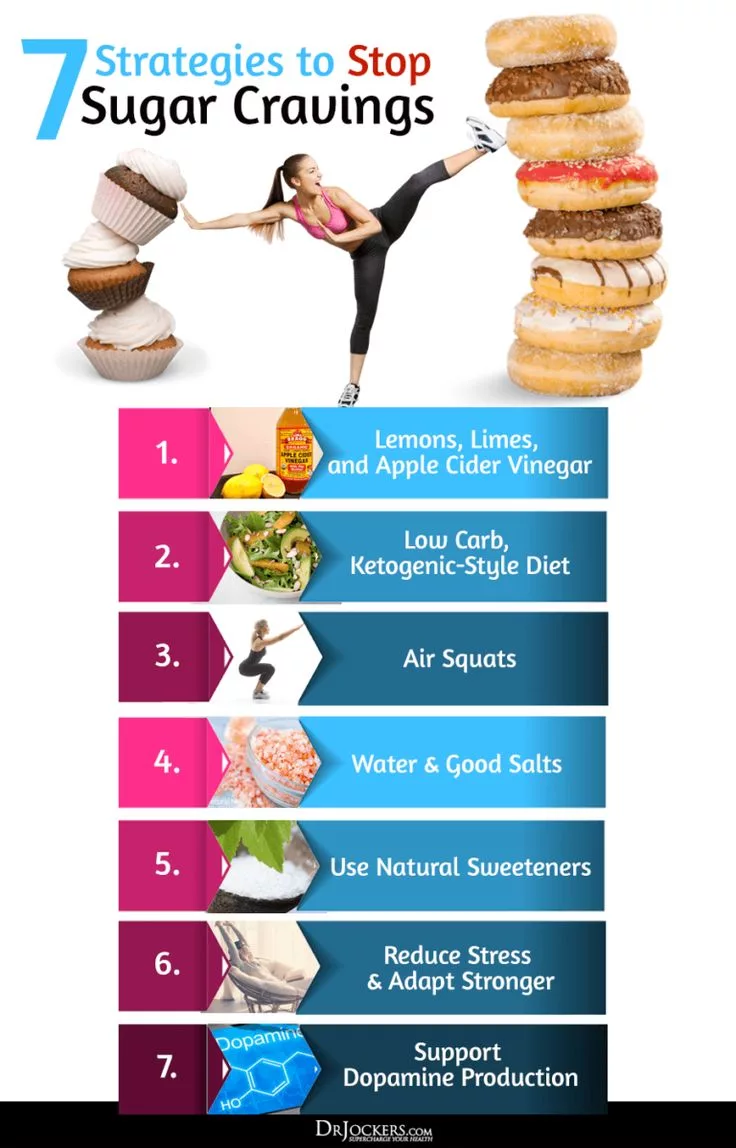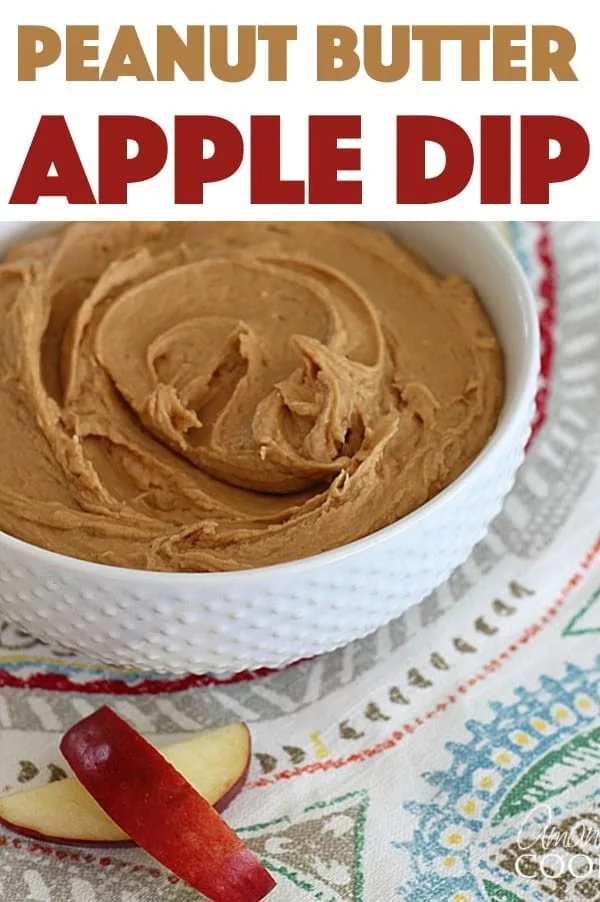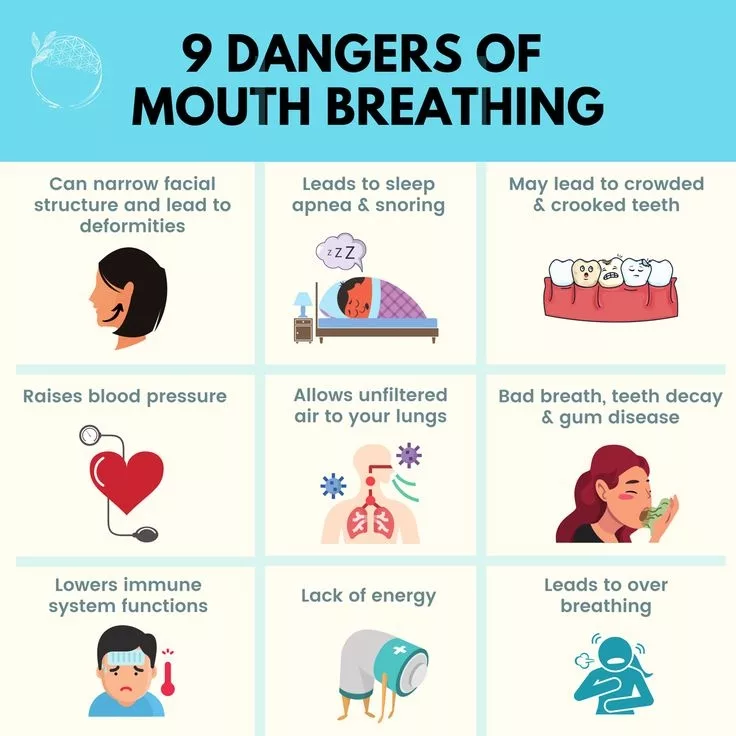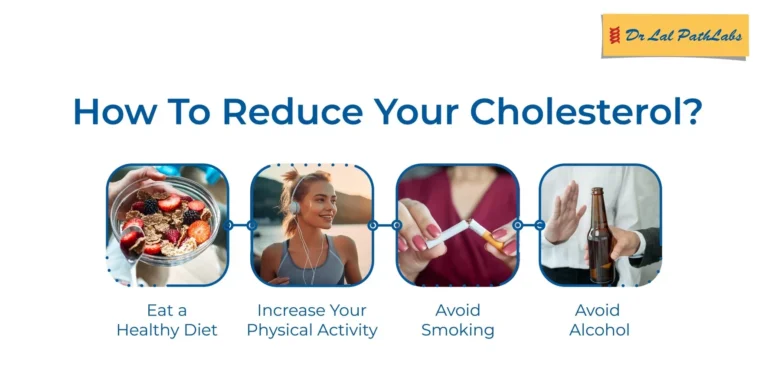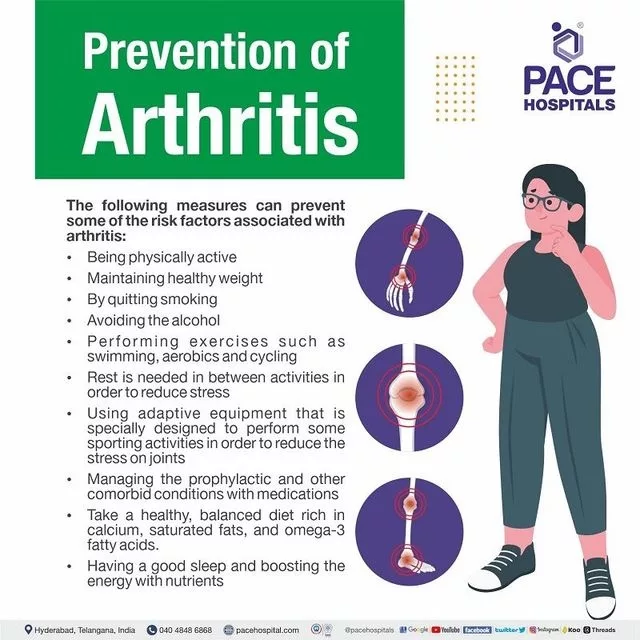Carbohydrate Addiction
Hello! The weather has been quite chilly lately, hasn’t it? During times like these, enjoying warm meals can be a great way to heal. I really enjoyed reading about the restaurants and ramen you shared. Now I’m feeling hungry and craving ramen! Thank you for sharing delicious food stories. Feel free to talk anytime!
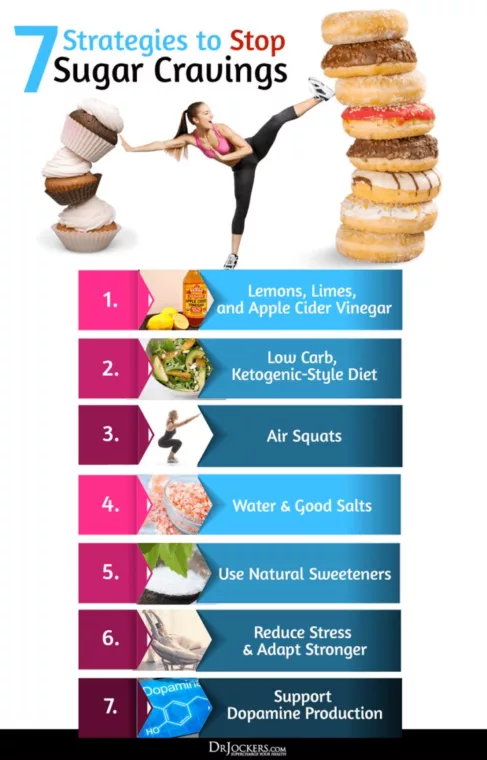
What is Carbohydrate Addiction?
Carbohydrate addiction is a physical response that occurs due to excessive carbohydrate intake. Carbohydrates are essential energy sources for our bodies, but overconsumption can have negative effects on health. Carbohydrate addiction varies depending on dietary habits and lifestyle, and many people actually face this issue.
Causes and Risk Factors of Carbohydrate Addiction
The primary causes of carbohydrate addiction are overeating and the consumption of high-calorie foods. In modern society, high-carbohydrate foods are abundant due to their convenience and low cost. Excessive intake of these foods can lead to fat accumulation in the body and unstable blood sugar levels, resulting in carbohydrate addiction.
There are various risk factors for carbohydrate addiction, including genetic factors, eating habits, stress, and lack of exercise. In particular, individuals who prefer high-carbohydrate diets may be more vulnerable to carbohydrate addiction.
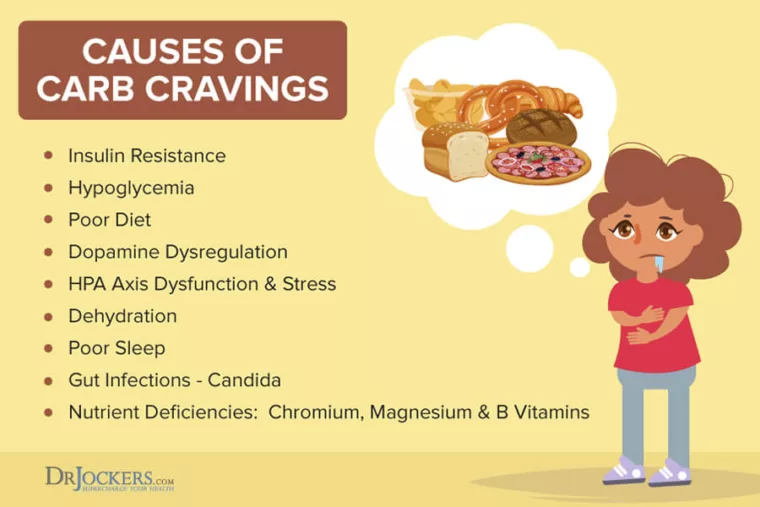
Symptoms and Signs of Carbohydrate Addiction
Symptoms and signs of carbohydrate addiction can manifest in various forms. Common symptoms may include physical fatigue, irregular appetite, weight gain, and digestive issues. Additionally, carbohydrate addiction can also present mental symptoms, such as feelings of depression, anxiety, and decreased concentration.
Effects of Carbohydrate Addiction on the Body
Carbohydrate addiction can have various negative effects on the body. Excessive carbohydrate intake can lead to weight gain and obesity, increasing the risk of chronic diseases such as cardiovascular disease, diabetes, and hypertension. Furthermore, carbohydrate addiction can cause fluctuations in blood sugar levels, affecting energy levels and mood.
Diagnosis Methods and Necessary Tests
To diagnose carbohydrate addiction, consultation with a healthcare professional is necessary. The doctor will evaluate the patient’s symptoms and eating habits and may conduct additional tests such as blood tests. Blood tests can determine blood sugar levels and insulin levels, helping to assess the degree of carbohydrate addiction.
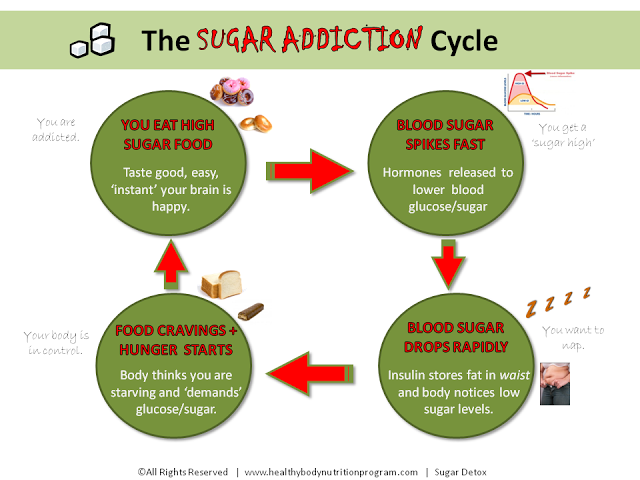
Effective Treatment Strategies and Management Methods
To treat carbohydrate addiction, improvements in dietary habits and increased physical activity are needed. Effective strategies to overcome carbohydrate addiction include:
-
Regulating Carbohydrate Intake: To avoid excessive carbohydrate consumption, it is important to adjust the proportion of carbohydrates in the diet. Maintaining a balanced diet that includes dietary fiber, protein, and healthy fats is essential.
-
Increasing Exercise: Physical activity helps metabolize carbohydrates and consume energy. Regular exercise aids in weight loss and muscle strengthening, making it effective in overcoming carbohydrate addiction.
-
Managing Stress: Stress can lead to poor eating habits and carbohydrate addiction. It is important to learn stress management techniques and minimize stress in daily life.
Healthy Diet and Nutrient Choices
A healthy diet plays a significant role in preventing and managing carbohydrate addiction. It is important to maintain a diet that includes a variety of vegetables, fruits, grains, nuts, protein, and fats. Dietary fiber and protein provide satiety and help stabilize blood sugar levels.
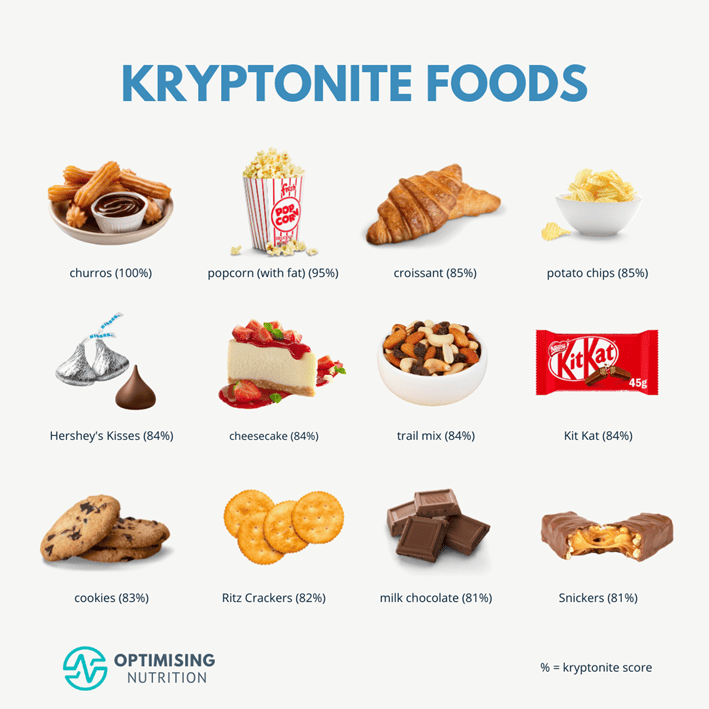
Long-term Prevention and Lifestyle Improvement
To prevent carbohydrate addiction, improving healthy lifestyle habits is crucial. Elements such as a proper diet, regular exercise, adequate sleep, and stress management should be considered. Additionally, regulating eating habits and avoiding overeating are important.
Diet Methods to Prevent Carbohydrate Addiction:
-
Maintain a Balanced Diet: Keep a balanced diet that includes a variety of nutrients. Consuming sufficient protein, healthy fats, and dietary fiber can help you feel full longer.
-
Reduce Refined Carbohydrates: Avoid foods like white bread, pasta, and those high in sugar. Instead, consume natural carbohydrates such as whole grains, brown rice, fruits, and vegetables.
-
Control Snacks: When choosing snacks, replace high-carbohydrate options with healthier alternatives like fruits, nuts, and yogurt.
-
Set Meal Times: Establish regular meal times to reduce unnecessary snacking. Eating at consistent times can help prevent overeating.
-
Increase Hydration: Drinking enough water can create a feeling of fullness and help prevent the confusion between hunger and thirst.
-
Manage Stress: Find ways to reduce stress. Activities like yoga, meditation, and exercise can alleviate stress and help prevent unhealthy eating habits.
-
Create an Exercise Habit: Regular physical activity aids in metabolizing carbohydrates and managing weight. It is advisable to include aerobic and strength training exercises about 3-4 times a week.
-
Keep a Food Diary: Recording what you eat can help you recognize your eating habits and reduce unnecessary carbohydrate intake.

By implementing these methods, you can prevent carbohydrate addiction and maintain a healthy eating habit.
Carbohydrate addiction is an important issue that we should keep in mind. Awareness and understanding of this issue are essential for a healthy life. It is important to know about carbohydrate addiction and to protect our health through appropriate prevention and management.
